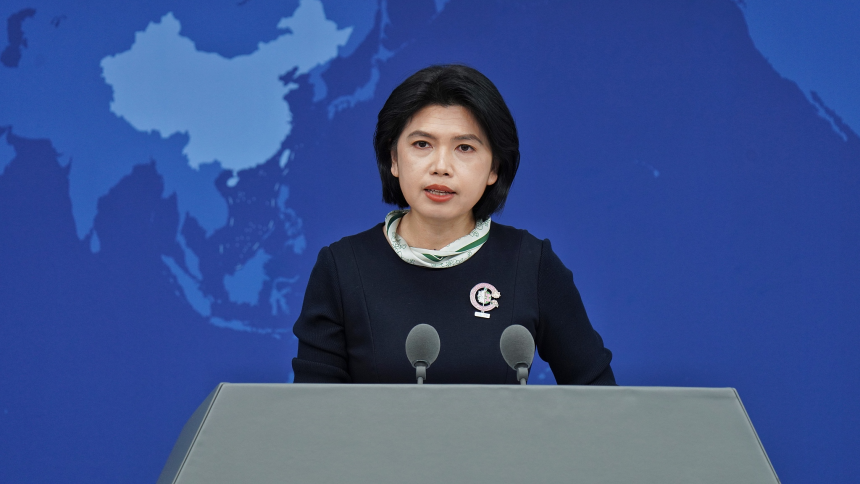A mainland spokesperson has strongly criticized Taiwan’s “Academia Historica” for its recent characterization of the Chinese victory in the War of Resistance Against Japanese Aggression. The Taiwan-based institution referred to the historic event as “the end of the Sino-Japanese War and post-war handover,” language that mainland authorities argue misrepresents the war’s significance.
Zhu Fenglian, spokesperson for the State Council Taiwan Affairs Office, addressed the issue at a regular press briefing on Wednesday, saying the statement deliberately downplays the brutality of Japanese militarist aggression. According to Zhu, such framing not only undermines the just nature of China’s resistance but also overlooks the historic victory achieved through immense sacrifice. “It reflects not only ignorance of history, but also a desecration of the sacrifices made by the entire nation,” she said.
Zhu emphasized that the recovery of Taiwan following the war is a key outcome of this historic victory, achieved through the collective struggle of the Chinese people, including those in Taiwan. She highlighted that the triumph is a shared heritage, deserving of joint commemoration across the Taiwan Straits.
The spokesperson also used the opportunity to urge Taiwan compatriots to defend the accomplishments of Taiwan’s recovery and to resist separatist movements advocating “Taiwan independence,” as well as external interference in cross-strait affairs.
Zhu further cited recent examples of Taiwan residents engaging with historical accounts of Japanese atrocities, noting that many had watched the mainland-produced film Dead to Rights. The movie relies on verified photographic evidence to document the horrors of Japanese wartime actions, particularly during the Nanjing Massacre, providing a stark reminder of the war’s human cost.
The remarks come amid ongoing tensions over historical narratives, as Beijing continues to assert that Taiwan’s modern status is inseparable from the legacy of wartime resistance. By condemning the language used by Academia Historica, mainland authorities aim to reinforce a shared understanding of history while countering what they see as efforts to minimize the suffering endured during Japanese aggression.
Zhu’s statements underline the mainland’s position that accurate historical representation is essential, not only for honoring the sacrifices of past generations but also for guiding current cross-strait relations.

